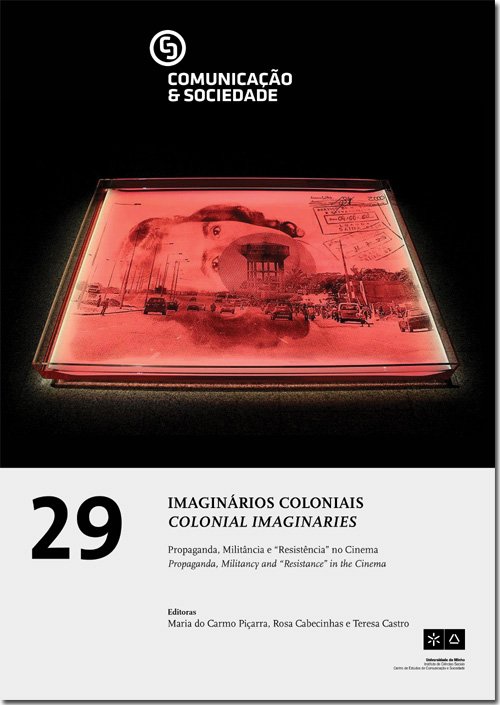Transcultural Cinema debated in a Knowledge Network: postcolonial hybrid meanings within resistance cinema
DOI:
https://doi.org/10.17231/comsoc.29(2016).2427Keywords:
Transcultural cinema in a knowledge network, postcolonial iconic representations, hybridization, conflict of meanings, resistance cinema audienceAbstract
This paper aims to present a Knowledge Network on Transcultural Communication, a work in progress organized in Archives, Knowledge Bases and Virtual Museums. One of its substantive parts, the Knowledge Node Transcultural Cinema, gathers knowledge and sources (Film Studies texts, photos, videos, etc.) about critical cinema and resistance cinema. This node articulates theories and postcolonial concepts to analysis/interpretations based on examples of film images and videos that include postcolonial representations. The “clash of civilizations” is a core idea underlying the debate on dissent and / or consensus among cultures and about postcolonialism. The dissimilarity between colonial / postcolonial societies and cultures, often takes the form of a “conflict of meanings.” And the discursive resistance against colonialism is often based on mobilizing hybridizations. Contemporary cultures are essentially “hybrid cultures”. Such hybrid nature is present in many images and sounds of resistance cinema, and it is urgent to emphasize its characteristics, for example central dichotomies transmitted by authors of this cinema genre: “colonizer / colonized,” “identity / difference,” “power / no power”. Resistance film audiences can see and criticize, in a participatory way, the worldviews and discourses shared by cinema imagination / activism in cinema, contributing to a common, global and critical culture / knowledge.Downloads
Download data is not yet available.
Downloads
Published
2016-06-27
How to Cite
Andrade, P. (2016). Transcultural Cinema debated in a Knowledge Network: postcolonial hybrid meanings within resistance cinema. Comunicação E Sociedade, 29, 395–411. https://doi.org/10.17231/comsoc.29(2016).2427
Issue
Section
Varia
License
Authors own the copyright, providing the journal with the right of first publication. The work is licensed under a Creative Commons Attribution 4.0 International License.












